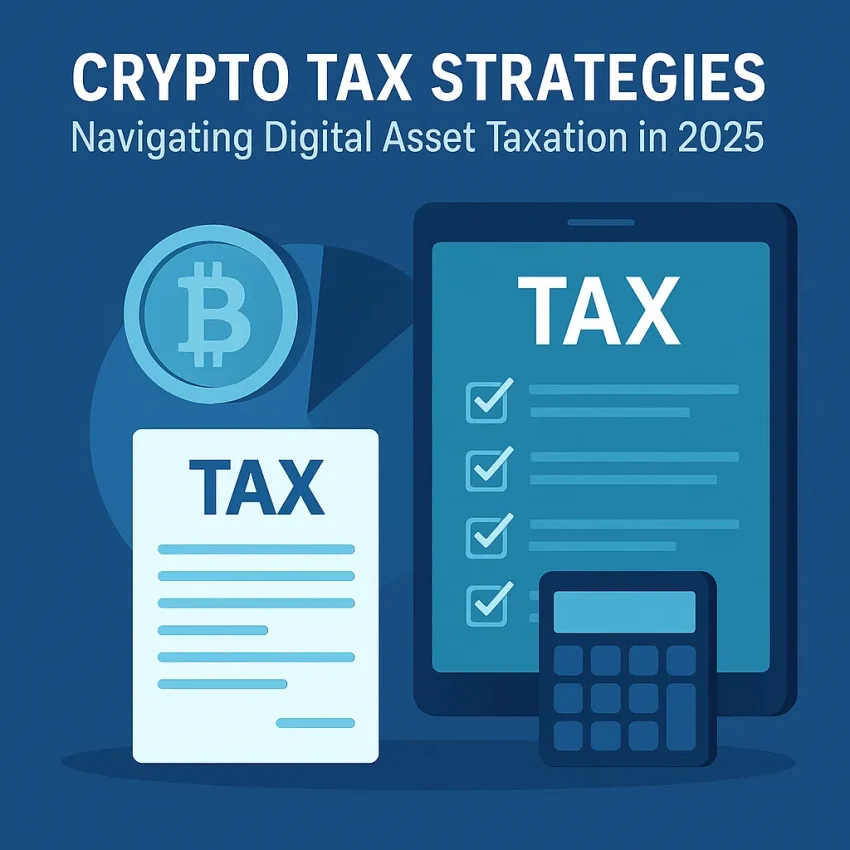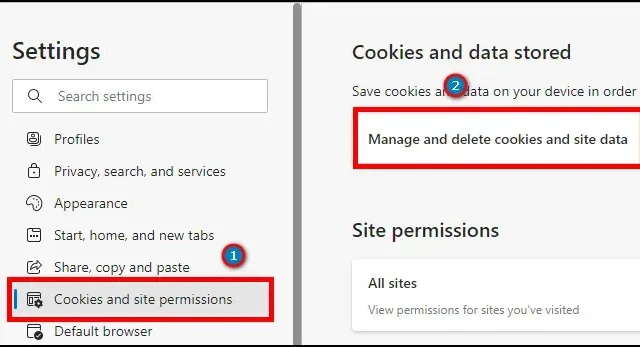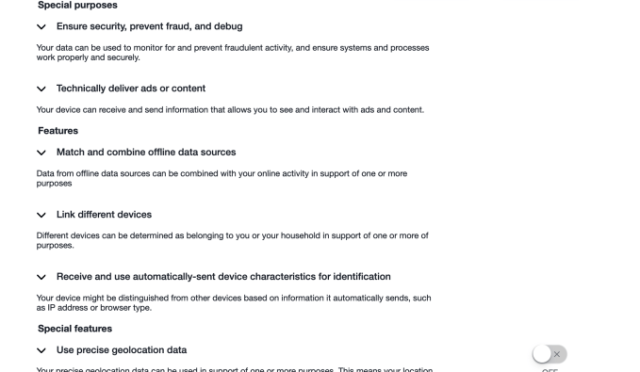Crypto Tax Strategies: Navigating Digital Asset Taxation in 2025
Introduction: The Rise of Crypto and the Need for Smart Tax Planning
In 2025, cryptocurrencies are no longer fringe assets — they are mainstream. Millions of investors now buy, sell, and hold digital assets across multiple wallets and exchanges. As a result, tax authorities around the world have begun implementing clearer — and stricter — guidelines for how crypto assets are taxed.
For crypto investors, understanding how taxation works is no longer optional. It’s essential. This guide dives into the best crypto tax strategies for 2025, with a focus on compliance, savings, and smart planning.
What Is Cryptocurrency Taxation?
Cryptocurrency taxation refers to the way governments classify and tax transactions involving digital assets like Bitcoin, Ethereum, and altcoins. In most countries, crypto is considered a property or digital asset, not currency. That means it’s subject to capital gains tax when sold for a profit.
Key taxable events include:
-
Selling crypto for fiat
-
Trading one crypto for another
-
Spending crypto on goods or services
-
Earning crypto via mining or staking
-
Receiving airdrops or bonuses
Even holding crypto is non-taxable — but once a transaction happens, tax rules kick in.
H2: Common Types of Crypto Taxes in 2025
1. Capital Gains Tax
Capital gains apply when you sell crypto for more than you paid for it.
Example:
You buy 1 ETH at $1,500 and sell it at $2,000.
Your taxable gain = $500
2. Income Tax
You may owe income tax if you earn crypto via:
-
Staking rewards
-
Mining
-
Airdrops
-
Salaries paid in crypto
These are taxed based on your income bracket.
3. DeFi and NFT Taxation
2025 has seen clear taxation rules around DeFi protocols and NFT sales. Swapping tokens on decentralized exchanges or selling NFTs for profit can trigger both income and capital gains tax.
H2: Top Crypto Tax Strategies in 2025
Let’s break down the most effective and legal methods to reduce your crypto tax burden in 2025.
1. HODL for the Long-Term
If you hold your crypto assets for over a year before selling, many countries offer long-term capital gains tax rates, which are significantly lower than short-term rates.
2. Use a Crypto Tax Software
Platforms like:
-
Koinly
-
CoinLedger
-
ZenLedger
-
Accointing
can automatically track your transactions across wallets and exchanges, calculate your gains/losses, and generate tax reports.
3. Harvest Your Losses
Tax loss harvesting involves selling losing assets to offset your gains.
Example:
You gain $3,000 from Bitcoin but lose $2,000 on a failed altcoin.
You’ll only be taxed on $1,000.
4. Utilize Tax-Free Thresholds
In some countries, capital gains under a certain threshold (e.g., $12,000/year in the UK) are tax-free. Know your local laws to benefit fully.
5. Gift or Donate Crypto
Donating appreciated crypto to a registered charity can reduce your tax liability and qualify you for a deduction.
6. Use Tax-Advantaged Accounts (Country-Specific)
In some regions, you can invest in crypto through tax-free or tax-deferred accounts like:
-
IRAs (US)
-
ISAs (UK)
-
TFSA (Canada)
These allow tax-free growth under specific rules.
H2: Staying Compliant: Avoid These Mistakes
❌ Not Reporting Small Transactions
Even small sales or trades must be reported.
❌ Ignoring DeFi and NFT Gains
Just because it happened on-chain doesn’t mean tax-free.
❌ Mixing Personal and Business Wallets
This makes accounting a nightmare. Keep them separate.
❌ Waiting Until Deadline
Start organizing your records early. Scrambling at tax time often leads to errors.
H2: Country-by-Country Crypto Tax Overview (2025)
| Country | Tax Rate | Notes |
|---|---|---|
| USA | 10%–37% | Long-term vs. short-term gains |
| UK | 10%–20% | £12,300 allowance |
| Germany | 0% after 1 year | Very crypto-friendly |
| Canada | 50% of gains taxable | Treated as business income if frequent |
| Australia | 0%–45% | Discounts for long-term holding |
| Turkey | TBD (regulation pending) | Active discussions ongoing |
Check your country’s revenue authority for updated rules.
H2: How to Prepare for Your 2025 Crypto Taxes
-
Track Everything – Every trade, every reward, every wallet
-
Use a Tax Pro – Especially if you’re a high-volume trader or miner
-
Back Up Your Records – Keep digital and physical copies
-
Rebalance Before Year-End – Take strategic profits or losses
-
Plan Early – Don’t wait for the last minute
H2: What If You Don’t Report Crypto?
Failing to report crypto transactions can result in:
-
Penalties and interest on owed tax
-
Audits by tax authorities
-
In extreme cases: criminal charges
With AI-powered tracking tools used by governments, privacy coins won’t protect you. It’s smarter to stay compliant.
H2: Future of Crypto Taxation
In the next few years, we expect:
-
Global tax standards for crypto
-
Automatic wallet reporting
-
Real-time tracking by exchanges
-
AI-powered tax filing
As crypto becomes fully integrated into global finance, smart investors will treat taxes as part of the strategy.
Conclusion: Be Smart, Be Legal, Be Prepared
Crypto isn’t going anywhere. And neither is taxation. If you want to grow your digital wealth without surprises, you must understand how to manage crypto taxes in 2025.
By:
-
Planning ahead
-
Using the right tools
-
Staying informed about local laws
…you can reduce your tax burden and stay legally protected — while continuing to grow your portfolio.
#CryptoTax2025 #BDXN #DigitalAssets #TaxStrategies #BlockchainFinance #CryptoInvesting #Web3Wealth








